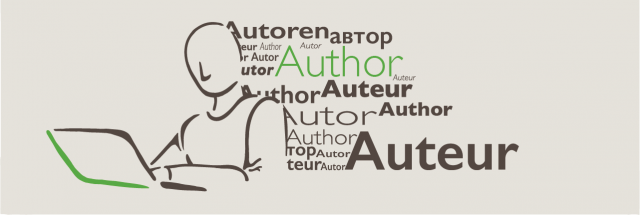 Film of shot Iraqi student Nada cited as moving example of citizen journalism
Film of shot Iraqi student Nada cited as moving example of citizen journalism
‘We can’t have an honest, trustworthy and just economy without the media,’ asserted the Rev Bob Chase, founding director of the New York-based multicultural Intersections initiative (www.intersectionsinternational.org). He was addressing media professionals at an international conference in Switzerland, 27 July.
If a just economy was what we wanted to create for our children, it was important to include the global media, Chase said, speaking to a work stream on how the media can help rebuild an honest economy. The media work stream was part of a five-day conference on Trust and Integrity in the Global Economy, held at the global centre of Initiatives of Change in the Alpine village of Caux near Montreux, 24-29 July.
The traditional media—print, radio, TV—still held tremendous power, and in the USA television was still the dominant influencer of public opinion and thought, he said. Witness, for instance, the amount of money poured into political campaigns on TV.
Pope John Paul II had said that ‘if you are not on TV you don’t exist,’ especially in the perception of the young. Yet there was a risk of a ‘bland sameness, a dishwater milk toast, or a strident extremism’ in broadcast media, Chase asserted, and ‘we must make room for diverse voices.’
Calling for a greater diversity in the media, Chase quoted the saying, ‘Until the lions can tell their own story, tales of the hunt will always glorify the hunter.’
Such was the power of the media that it was ‘not just reporting cultural mores but creating them,’ Chase said. In the weeks leading up to the Iraq War, there were 393 interviews on nightly news in the USA, with only three given by peace activists. ‘The result was a high degree of support for the war. Many media people now lament that they were duped.’
Chase emphasised the importance of the symbolic in creating public opinion. A journalist had asked a cellist, playing in a Sarajevo street during the Balkans War: ‘Why are you playing the cello while they are dropping bombs?’ The cellist had replied: ‘Why are they dropping bombs while I am playing the cello?’
Chase continued that new electronic online media was the biggest revolution in communications since Guttenberg invented moveable type in 1448. We have moved from ‘mass media to participatory media’. He cited how citizen journalists had got images out of Gaza, showing devastation, at a time when the Israeli army hadn’t allowed journalists in to Gaza.
Chase also cited the story of Neda, the young woman killed by a sniper bullet at the time of the elections in Iran. ‘Within minutes her death was broadcast around the world.’ Her last moments had been caught on a mobile phone camera. ‘Her eyes follow the camera. She connects to the audience universally. Her eyes tell the whole story about reaching for help. Her utter humanity is captured in that brief 40 seconds.’
Neda’s name, meaning Voice in Farsi, became a household word. ‘She never spoke but her voice demands that we listen—through YouTube, cell-phones, Twitter, which relayed the message in a new kind of warfare.’ Thus any moment could be captured. Chase added, ‘I would argue the broadcasting of her death represented a religious paradigm shift: evil is manifest in a secular world but also in authoritarian injustice in the name of religion.’
Digital media blurred the line between content consumer and content producer, Chase continued. Research had showed empirical evidence: 57 per cent of American teenagers had created content on the Internet; 37 billion emails were being sent every day; a new blog was created every second and the blogosphere had doubled in five months. There were now 200 million videos on YouTube, with over 150 million visitors watching 100 million videos every day.
Meanwhile there are two billion Google searches every day, while Wikipedia had 2,700,000 articles in English and entries in 260 languages. The Economist had reported that the Encyclopaedia Britannica was only ‘slightly’ more accurate than Wikipedia. Facebook had more than 200 million active users in 170 countries.
Reviewing the ethics of this new global media, Chase urged ‘responsible use’. He pointed out that ‘not all corporate officers are motivated by greed.’ But media executives will always ‘monetize’ their services. The cost of sending text messages, bit by bit, was 61 million times more expensive than sending emails. This had provided a huge incentive to market SMSs.
We should expel the myth of the level playing field, he continued, and tilt towards the small and the poor. This included the need for micro-financing media in the developing world. And there needed to be ‘clear and robust protection for our children’, especially from predators and paedophiles.
IT high school teacher Su Lambert, from the UK, said that children in her classes told her they believed everything they read in cyberspace. This naivety needed to be tackled and Bob Chase said that Lambert’s experience had urged him to double his efforts to address the issue in the USA. There was a need to ‘create tools of discernment to help young people identify those sites on the web that have integrity and truthfulness,’ he said.

